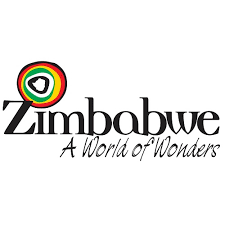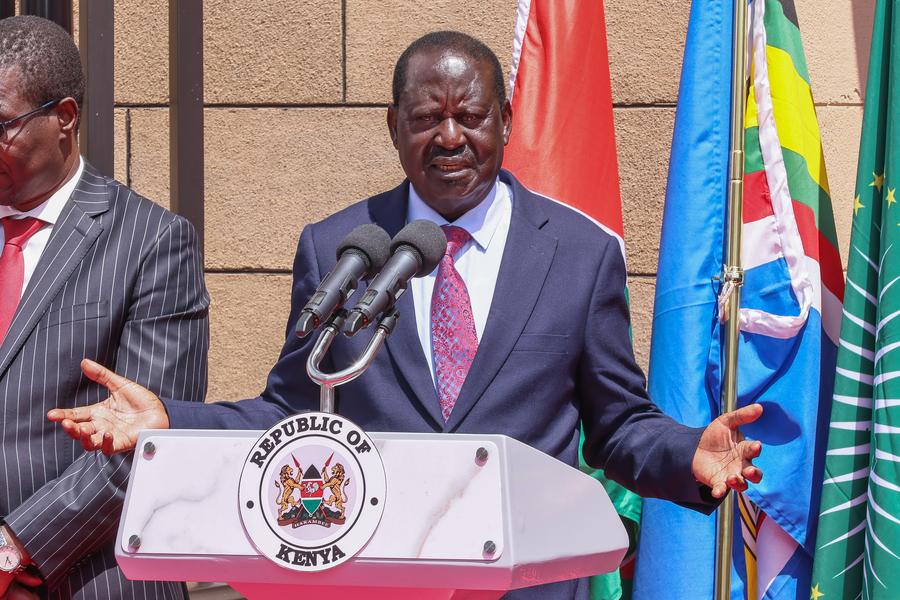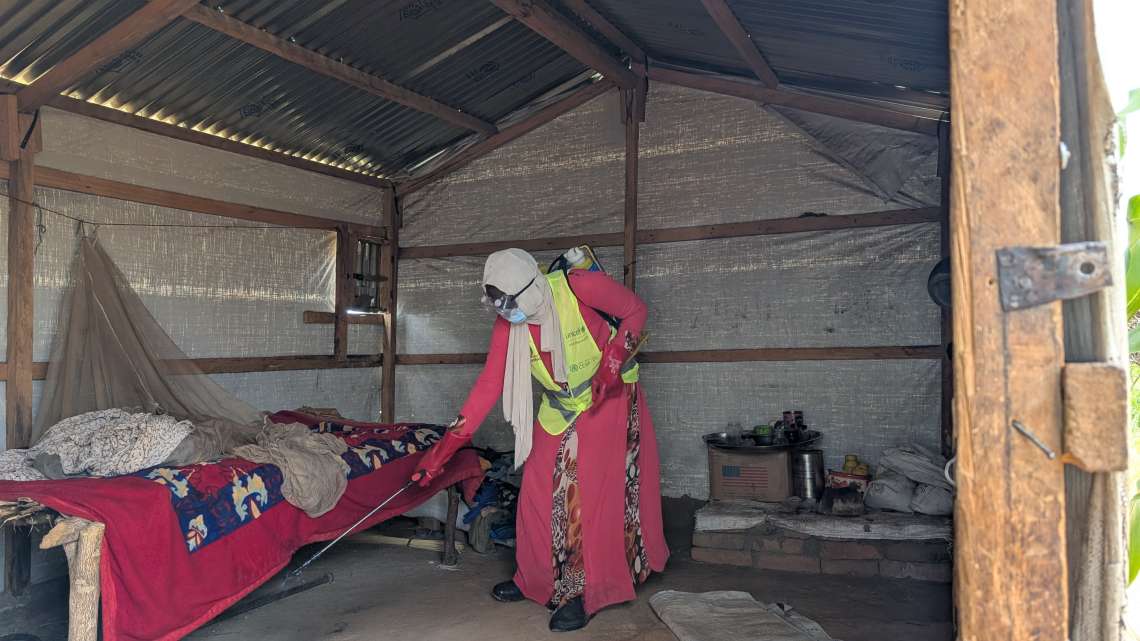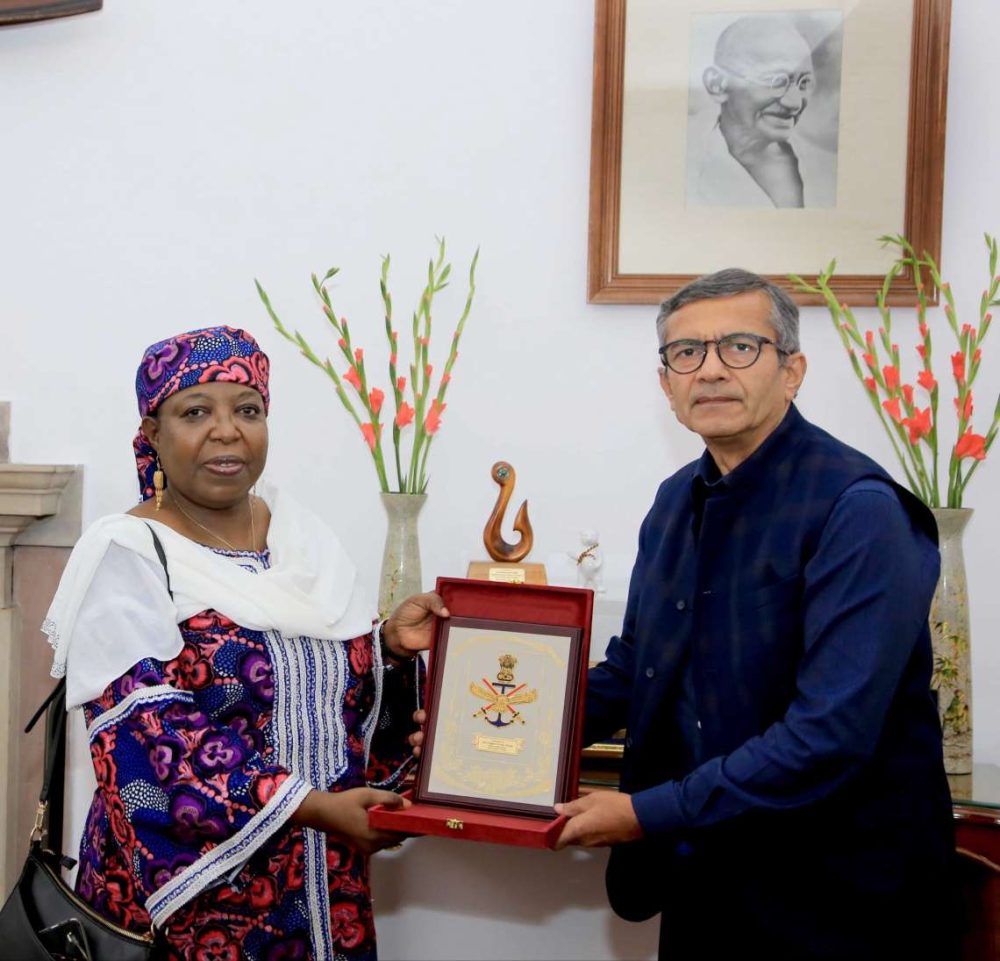The Zimbabwe government has implemented a recovery and growth strategy launched in 2020, seeking to grow the tourism industry to US $5 billion by 2025
Investments in Zimbabwe’s tourism sector grew from 86 million U.S. dollars in 2020 to 142 million dollars last year, boosted by a raft of government investment promotion measures.

Tourism was adversely affected by the COVID-19 pandemic over the past two years, resulting in the loss of 9,000 jobs and closure of 37 facilities, Information Minister Monica Mutsvangwa told a post-cabinet media briefing. However, there has been notable progress in reviving the sector. The government has implemented a recovery and growth strategy launched in 2020, seeking to grow the tourism industry to 5 billion U.S. dollars by 2025.
Several strategies to revive the sector include campaigns to boost domestic tourism, increase investments in new and existing facilities and increase the accessibility of the country through air transport.
Vaccination Drive
Zimbabwe aims to vaccinate 70 percent of its population against COVID-19 by the end of July, after launching a vaccination blitz this week to ramp up the process. Up to 35 percent of the population has so far received two doses of the vaccine since the country began its inoculation program in February last year.
Information Minister Monica Mutsvangwa said the nation had enough vaccines to cover the eligible population.
“The main aim of the campaign is to reach 70 percent of the total population by end of July 2022 in line with WHO regulations,” she said.
Mutsvangwa said out of the 22,405,000 vaccine doses procured by the country, 8,034,932 had so far been administered.
The vaccination blitz launched this week, after a slow down in vaccine uptake, will run up to May this year targeting children aged 12 and above.
As of Monday, Zimbabwe had recorded 244,685 COVID-19 cases with 234,895 recoveries and 5,429 deaths.
Covid in S. Africa
South African President Cyril Ramaphosa announced the easing of some lockdown regulations on Tuesday night in light of decreasing COVID-19 cases in recent days.
He said the Cabinet decided to ease a few restrictions as part of adjusted alert level 1 based on consultations and recommendations from the National Coronavirus Command Council.
According to the president, gathering restrictions are significantly changed as venues are allowed to accommodate up to 50 percent of their capacity, as long as proof of vaccination is shown or an updated COVID test is conducted within 72 hours. This change in the restrictions on gatherings will be of great benefit to the sports, culture and entertainment industries in particular.
“The maximum number of people permitted at a funeral will increase from 100 to 200. As before, night vigils, after-funeral gatherings, and ‘after-tears’ gatherings are not allowed,” Ramaphosa said.
He added that people still need to wear masks when in shops, malls, offices, factories, taxes, buses, trains or any other indoor public space.
International travellers will be required to show proof of vaccination or a negative PCR test within 72 hours before entering South Africa.
“We intend to lift the National State of Disaster as soon as a public comment on the health regulations published by the minister of health has been completed,” he said.
Health regulations intended to replace the National State of Disaster have been released for public comment. The public can comment on the proposed health regulations until April 16.
ALSO READ: South Africa relaxes Covid lockdown regulations
“These regulations, when finalized, will replace the State of Disaster as the legal instrument that we would use to manage the pandemic,” he said, “The end of the National State of Disaster will not mean the end of the pandemic. It just means that we are changing the way we are managing the pandemic.”
The president said some 60 percent to 80 percent of the population has some form of immunity to the virus, either from previous infection or vaccination, and the most important defence against the disease is vaccination.
In South Africa, there have been more than 3.7 million cases of COVID-19 and nearly 100,000 deaths related to the pandemic over the last two years.














